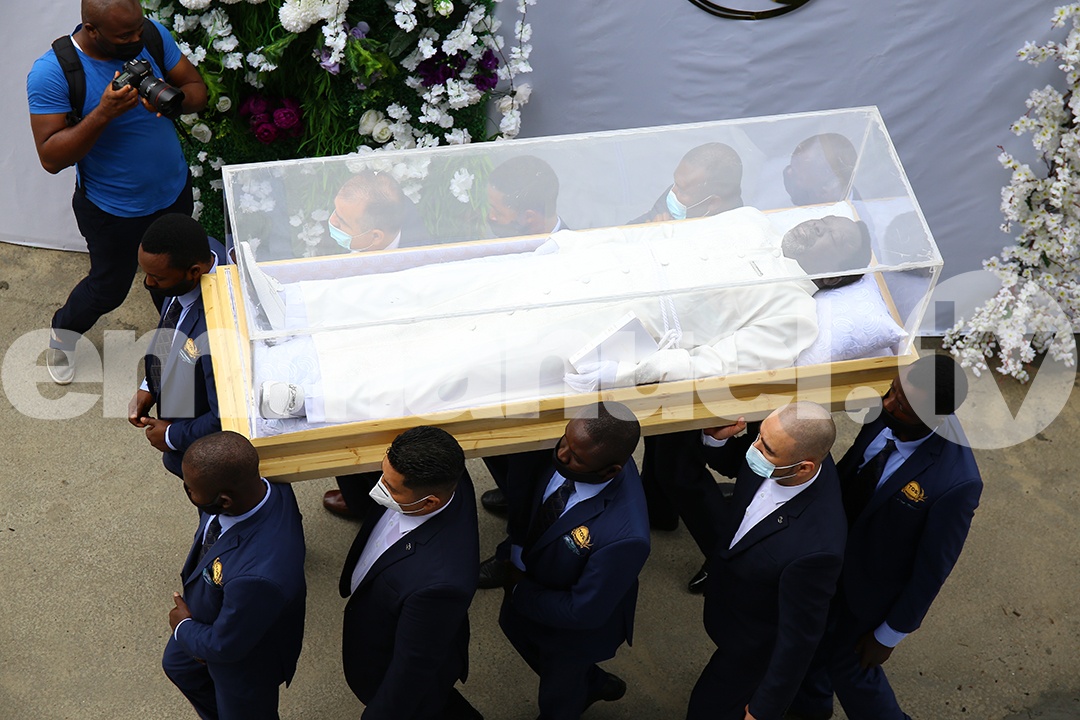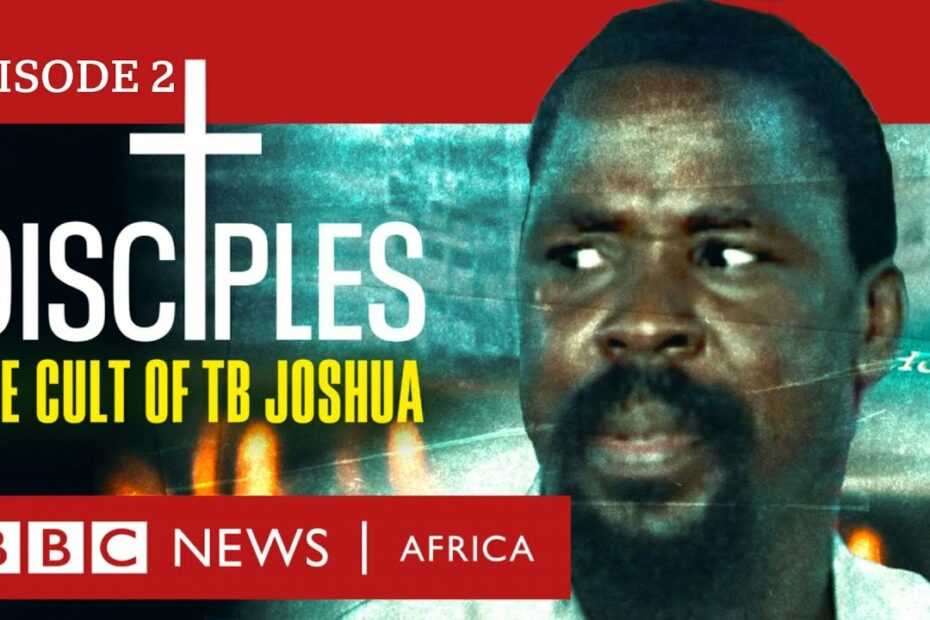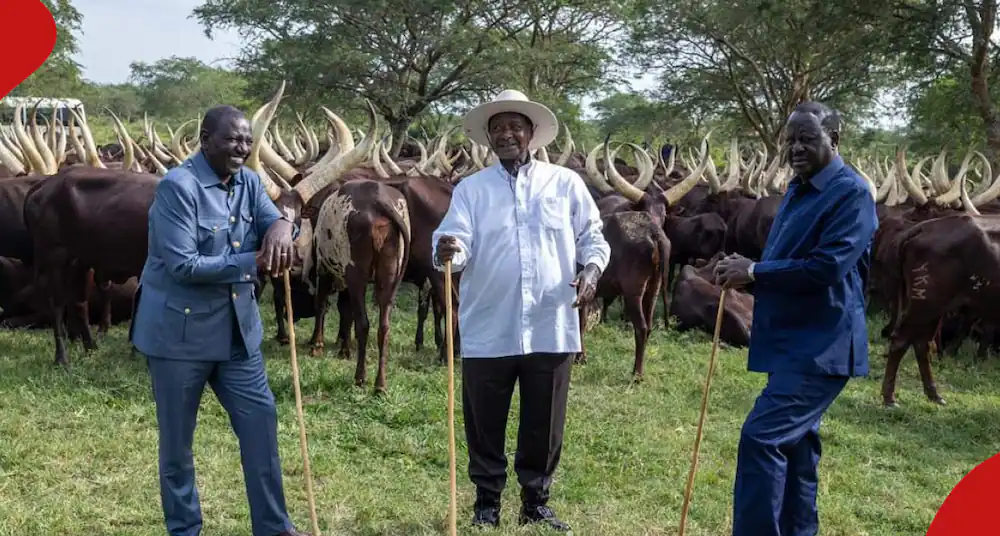After the passing of Nigerian televangelist TB Joshua, allegations of widespread sexual abuse emerged. This has caused a stir among Africa’s evangelical community. Nkechi Anthony, a member of Joshua’s church, dismissed the accusations, questioning their timing after his death. According to Anthony, the evidence presented is baseless and won’t tarnish evangelism in Nigeria. Similarly, Jerry Edet, another SCOAN member, defended Joshua, labeling the allegations as mere blackmail without merit. Both Anthony and Edet expressed disbelief, wondering about the secrecy of these allegations until Joshua’s demise and casting doubt on their credibility. The allegations present critical Lessons to Learn from TB Joshua’s Legacy related to his Rape Allegations for the African Evangelical world, and Christians at large.
The Impact of African Evalengicals
Joseph Adeleke, a pastor in Lagos, holds a different view, foreseeing dire consequences for the evangelical community due to the allegations. Speaking to DW, he expressed concern that the accusations might greatly setback the church, particularly those involved in prophetic and miracle ministries. Adeleke stressed the seriousness of the allegations, mentioning the potential loss of trust among church members towards pastors and the institution itself. He noted that such claims, including rape and fake miracles, echo previous accusations against pastors, further eroding confidence in religious leaders. Freeman Bhengu, from South Africa’s United Patriotic Front, echoed similar sentiments, emphasizing a pattern of preachers facing allegations of various crimes. Bhengu highlighted issues of false resurrections, financial exploitation, and the vulnerability of Africans to false promises, indicating a broader societal concern beyond just the church. Local reports indicate that SCOAN church has rejected the allegations.
TB Joshua’s Early Years

Temitope Balogun Joshua, widely known as TB Joshua or ‘The Prophet,’ was born on June 12, 1963, in Arigidi-Akoko, Ondo State, Nigeria. He embarked on his church ministry in the late 1980s, citing a divine calling at a young age. In 1987, he founded the Synagogue Church Of All Nations (SCOAN), rapidly amassing popularity in Nigeria and beyond.
His ministry revolved around faith healing, prophecy, and deliverance, gaining recognition through televised crusades where attendees claimed miraculous experiences. However, controversies shadowed his endeavors.
Critics questioned the authenticity of his miracles and accused him of exploiting vulnerable individuals. Mabel Ndlovu, a South African Christian, emphasized the need for alignment with biblical principles, highlighting the disparity between certain preachers’ actions and the essence of the Christian faith.
TB Joshua encountered various challenges, including YouTube suspending his channel due to videos allegedly attempting to “cure” gay individuals. Moreover, SCOAN faced legal issues, notably the 2014 building collapse that led to numerous fatalities. Despite a local investigation attributing criminal negligence to TB Joshua’s church, no charges were filed against the influential televangelist.
However, SCOAN engaged in philanthropy, aiding the underprivileged, sponsoring scholarships, and contributing to community development projects.
TB Joshua’s sudden passing in June 2021 prompted discussions about SCOAN’s future and how his legacy would shape the church and its followers. His wife Evelyn, now leading the ministry, continues his mission with the support of dedicated disciples.
Lessons to Learn from TB Joshua’s Legacy
The BBC’s three-part expose on the late TB Joshua, titled “The Disciples: The Cult of TB Joshua,” sheds light on the long-standing abuse within his church. Here are five crucial takeaways:
1. Psychological manipulation knows no boundaries of education or class.
Despite his limited education, TB Joshua wielded immense power over individuals far more educated and privileged than him. He manipulated followers of varied backgrounds, showcasing his mastery in mind control and mass hypnotism, portraying a facade of compassion while concealing darker intentions.
2. Nigeria’s regulatory gaps are evident.
Despite documented abuse allegations within the Synagogue Church, authorities remained inactive for an extended period. Even with Bisola Johnson’s YouTube videos exposing Joshua’s crimes, no action was taken. The lack of intervention persisted, even after the tragic 2014 guest house collapse on church premises, which resulted in numerous deaths and a coroner’s report citing criminal negligence on Joshua’s part. If he had been alive when this documentary was released, he would likely have faced no consequences.
3. Religious Regulation Bodies have Failed
This has allowed religious figures to engage in misconduct due to insufficient regulations. The sensitivity surrounding religion, often seen as a battleground between Christianity and Islam, prevents effective oversight. Past attempts at regulating religious bodies, like the FRN’s reforms, faced backlash. The proposal, including a tenure limit of 20 years for religious leaders, led to the dismissal of the agency’s head, Jim Obaze. Consequently, the country’s political elite relinquished control to religious leaders, creating a permissive atmosphere that allowed figures like Joshua to thrive, hidden amidst this lax environment.
4. Local Media Has Failed Nigerians
Nigeria’s local media falls short of its duty. It took the BBC to unveil Joshua’s long-standing crimes, neglected by local media despite years of lurking beneath the surface. Despite numerous pressing issues, including corruption and injustice, the mainstream Nigerian media seems uninterested in conducting thorough investigations. Online media, particularly a small group of reporters led by David Hudeyin and Fisayo Soyombo, appears to be more active.
The lack of engagement in investigative journalism might stem from financial dependencies on government and corporate advertisements, stifling their willingness to expose corruption. Alternatively, the rapid pace of news dissemination via social media may leave them with limited time for comprehensive investigations. Regardless, Nigeria’s mainstream media landscape lacks depth and diversity, regurgitating similar stories without innovation.
5. Underestimation of Emotional and Psychological Abuse
Emotional and psychological abuse’s severity often goes underestimated. Viewers of the documentary frequently question why victims didn’t leave, ignoring the intricacies of emotional and psychological control. Such abuse can be as damaging, if not worse, than physical abuse, despite not involving direct physical coercion.



